Medical Tests and Screening for Men Ages 40 to 64
Even if you are in sound health in your 40s, 50s or 60s, your health can deteriorate over time and minor health problems can be a sign of a serious health issue.
Therefore, getting your medical screening tests to make sure that your body is healthy can help you live a healthy life ahead.
Key Medical Screening Tests:
1. Test for blood pressure, cholesterol diabetes
2. Test for cancer
3. Test for infectious, hereditary and mental disease
Here are the health problems and tests to detect and prevent them:
1. Blood Pressure
Blood pressure monitoring every once in while is a good idea to keep your blood pressure in check.
People who have hypertension can go on for months and even years without knowing they have hypertension because they don’t test for blood pressure and talk about their symptoms to their healthcare provider.
The normal range of blood pressure is between 120 over 80 to 130 over 80. If your blood pressure exceeds these numbers and this happens frequently you might be experiencing high blood pressure known as hypertension.
If you have diabetes, heart disease, kidney issues or hypertension runs in the family, you are prone to developing it at later stages of life.
The best way to detect and prevent hypertension is to make lifestyle changes such as maintaining a healthy body weight, eating a healthy diet, limiting sodium intake and getting your blood pressure monitored regularly.

2. Cholesterol
Cholesterol screening can help you test the level of fat in your body.
If your blood has more fat than the normal number, you might be at risk of diseases such as heart disease, diabetes and a series of other health problems connected to obesity and high levels of cholesterol.
When you turn forty or older, cholesterol screening helps you check your cholesterol level so that you can make lifestyle changes and start medication to lower your cholesterol.
How often you should be getting cholesterol depends on your age, hereditary and medical history. But getting a test every 5 years for men between the ages of 40 to 65 is recommended.
You should get it tested every year if you are obese or have been through an illness or are going through one such as kidney problem, hypertension, or diabetes, etc.
3. Colorectal Cancer Screening
The risk of colon cancer increases as men age. You should get it checked by your doctor during your medical exam. If you have a family history of cancer or colon cancer, your risk goes up and therefore you should take great care beforehand.
Depending on your risk of colon cancer and polyps, the doctor will run tests such as stool-based fecal occult blood gFOBT, sigmoidoscopy, or colonography. People at higher risk need to get tested every 3 or 5 years.
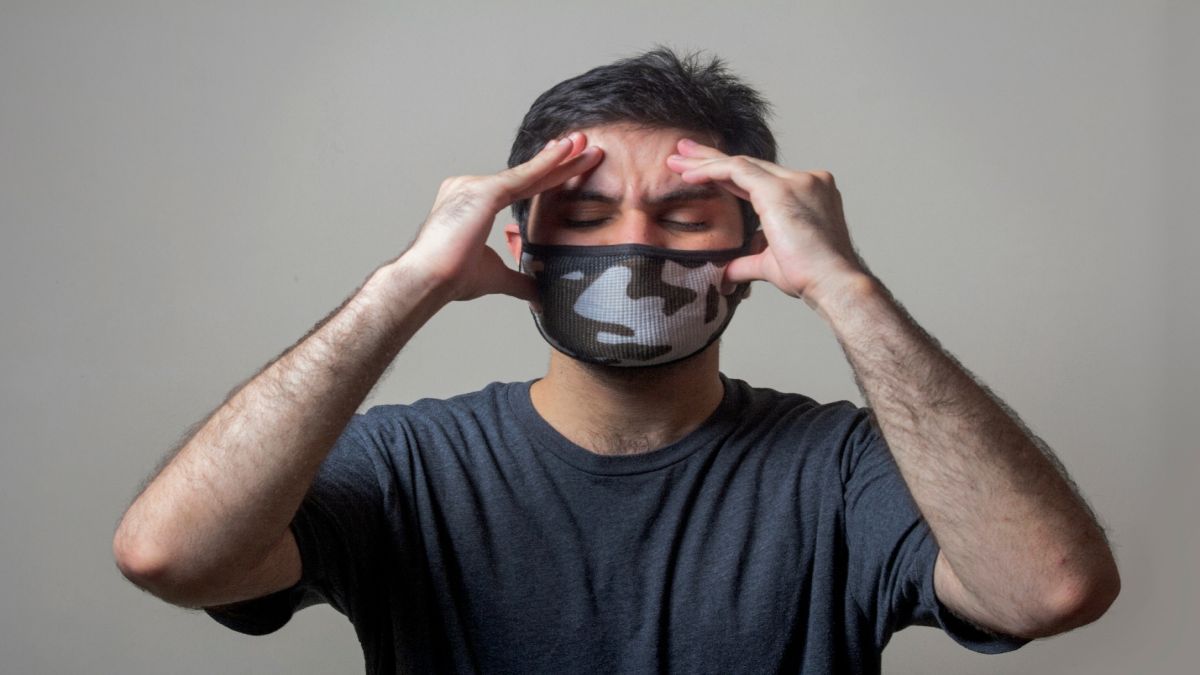
4. Prostate Cancer Screening
The risk of prostate cancer increases in men significantly over the age of 55. African Americans are at even higher risk of prostate cancer, therefore regular screening after the age of 55 is recommended.
Your doctor can detect prostate cancer at an early stage through running a PSA or a DRE test. As the cancer progresses, the survival rate declines therefore early detection is key to getting proper treatment.
5. Diabetes
The risk of diabetes increases in men over the age of 40. If you are overweight, have a sedentary lifestyle or a bad diet, your risk of getting diabetes is significantly higher.
Other factors that can increase your risk of diabetes are genetics, environment, cholesterol levels and medical history.
Screening for diabetes is recommended if you have hypertension or suffered diabetes temporarily such as gestational diabetes.
Your doctor will run a blood test to check for levels of glucose to evaluate if you are diabetic or at the risk of developing diabetes.
6. Immunization
As we age, our body loses its ability to defend itself against the microorganisms that cause illnesses. Men over the age of 40 should get vaccinations to prevent contracting common diseases.
1. Flu Shot: It may sound like a disease that is not dangerous but every year more than 700,000 people die of flu and seasonal respiratory disorders. Therefore it is recommended to get vaccinated especially if you have a weak immune system.
2. COVID Vaccine: If you have not received the COVID vaccination, you should consult with your healthcare provider.
3. Tetanus Vaccine: A tetanus vaccine booster every 3 to 5 years can help increase your immunity against the tetanus bacterium that can cause life-threatening disorders.
4. Varicella Vaccine: If you have never been sick of chickenpox, get vaccinated for it. Chickenpox in older age can be life-threatening.
5. Hepatitis B Vaccine: To protect against Hepatitis B you should get vaccinated especially if you are over the age of 50. Your risk of Hepatitis B also increases significantly if you have liver problems or are a heavy drinker.
7. Infectious Diseases
Infectious diseases can attack you easily when your immune system weakens as you age. Therefore, testing for diseases such as Hepatitis C and HIV is recommended.
Other diseases that you might be at risk of are chlamydia, syphilis, and gonorrhea. Your medical history, lifestyle and age are crucial factors in determining the risk of infectious disease.
If you have been with multiple sexual partners, you should get tested for sexually transmitted diseases.

8. Depression and Anxiety
Aging and retirement can cause additional stress or lifestyle changes that can affect your mental health.
You should see your therapist and doctor regularly to make sure that physical signs of illnesses are not pointing towards a mental health problem.
Some signs of depression and anxiety are changes in appetite, shifting body weight, poor concentration, low sex drive, headache, stomach problems and indigestion or nausea.
Although these symptoms can point towards a physical problem, you can see a therapist to detect signs of anxiety.
Oftentimes, mental stress can affect our health in numerous ways therefore we need to keep both- our body and mind in check.
OTHER NEWS
-
- Possible causes of swelling in both ankles
- By Jason 06 Mar,2024

-
- How to determine if you have rhinitis
- By Dr. James 12 Apr,2024

-
- Non-allergic rhinitis—vasomotor rhinitis
- By Dr. James 12 Apr,2024

-
- The Latest Advances in Dental Implants: What You Need to Know
- By Prodosh Kundu 07 Aug,2024
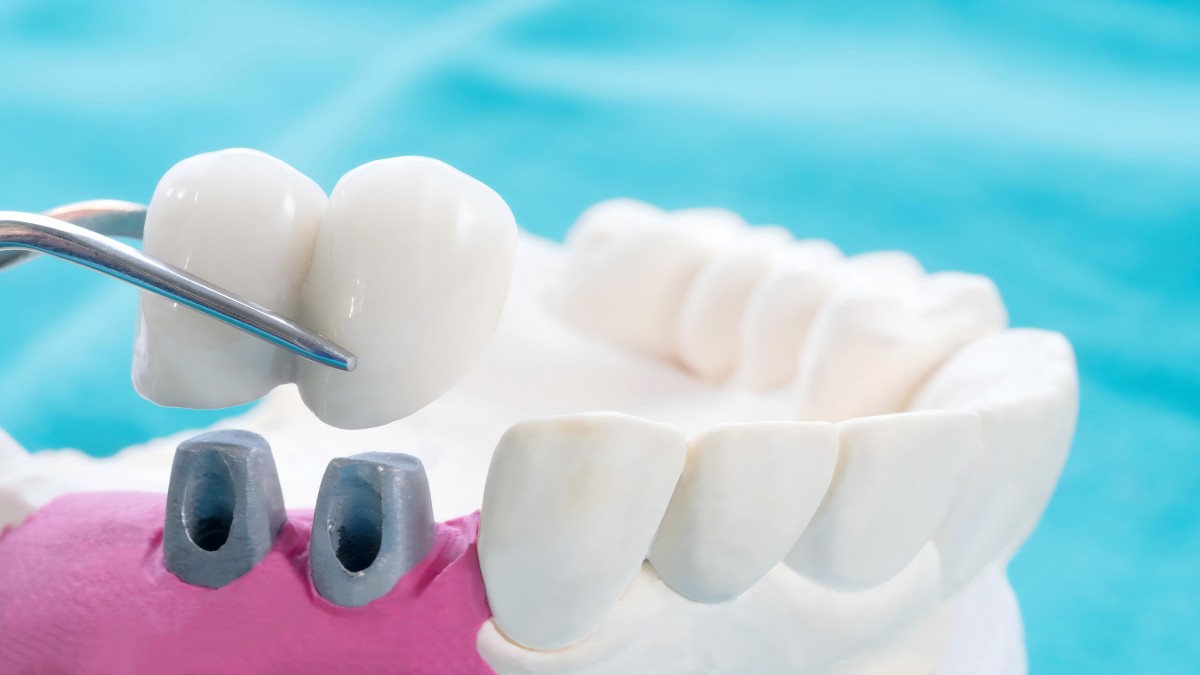
-
- Influences and Innovations in Dental Health
- By Roha Tariq 07 May,2024

-
- How to Prevent Physical and Mental Inactivity in Elders
- By Syed Hassan Sabeeh Kazmi 17 May,2024
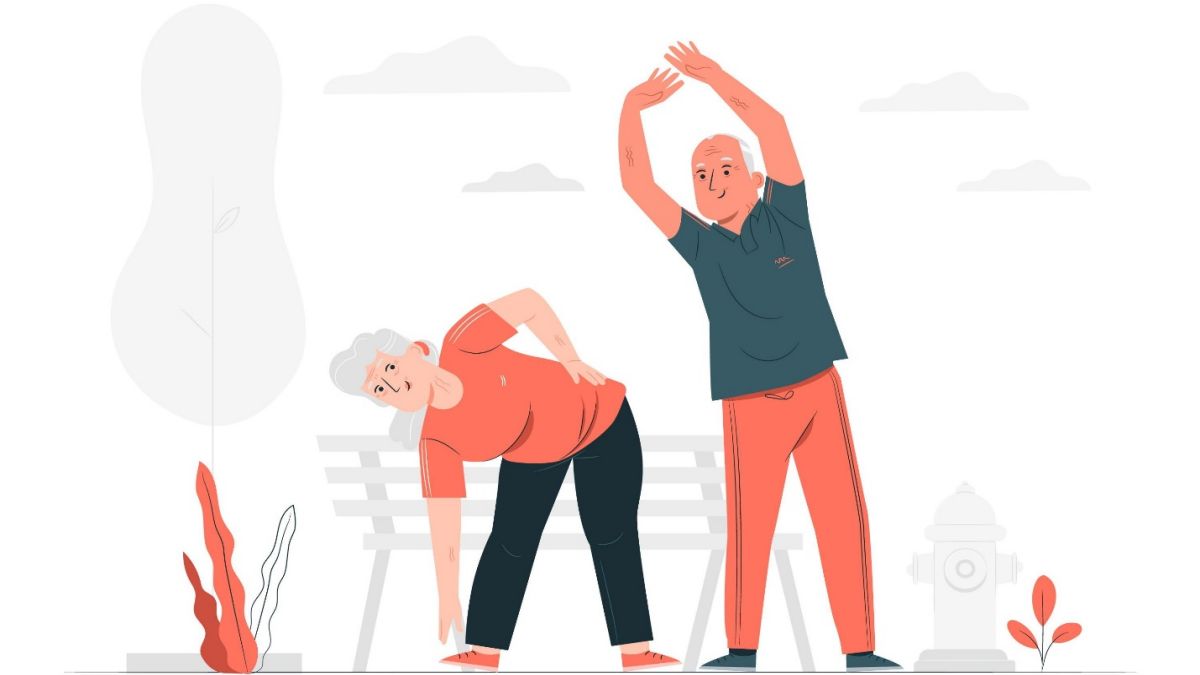
-
- Health Checkups and Tests You Need
- By Fatima Amir 23 May,2024

-
- Rehabilitation training after fracture involves reduction
- By Jason 05 Mar,2024
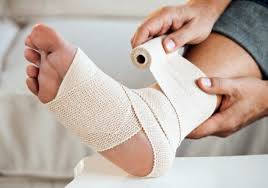
-
- Pain relief after injury
- By Jason 06 Mar,2024

-
- Health Checkups Men Should Not Skip
- By Fatima Amir 23 May,2024

-
- 6 Yoga Postures for Staying Fit in your 60s
- By Fatima Amir 17 May,2024

-
- Early Signs of Lung Cancer You Should Never Ignore
- By Prodosh Kundu 14 Aug,2024
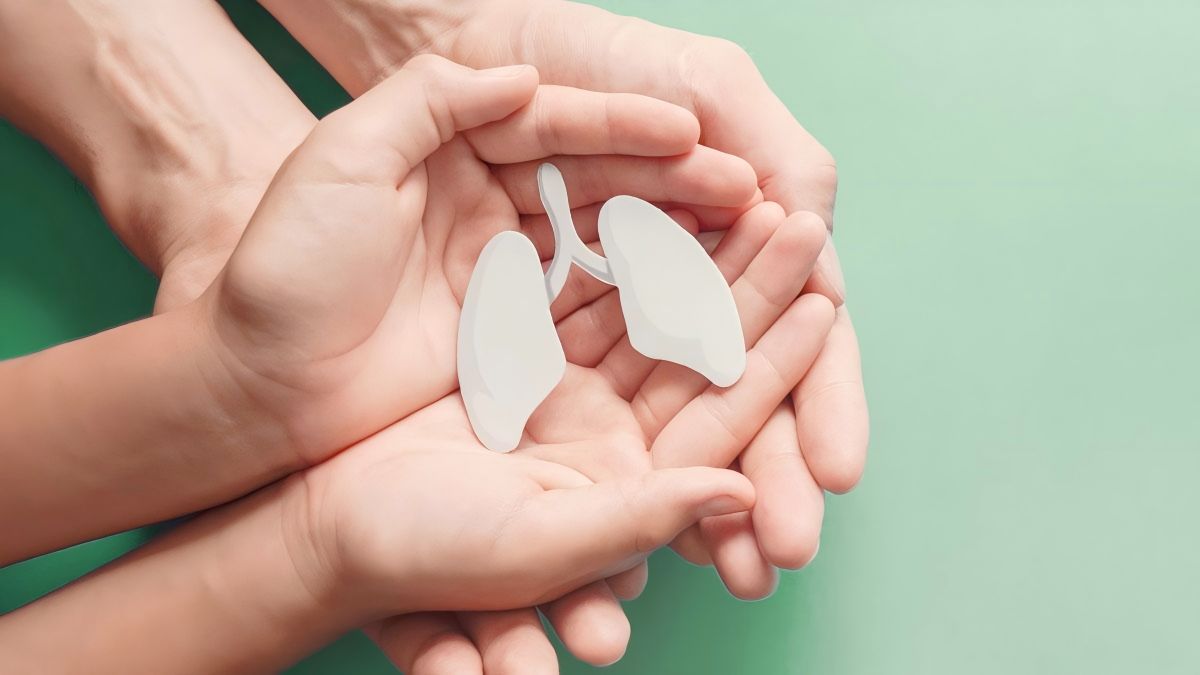
 1
1 1
1